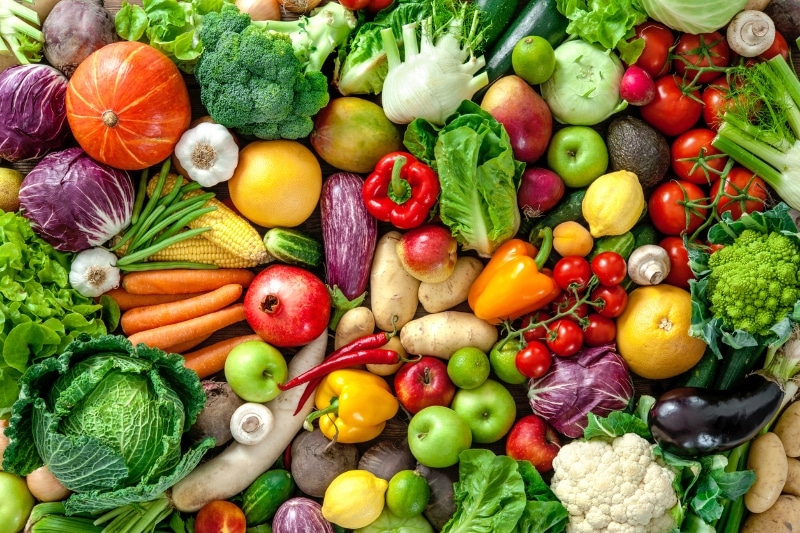The EU-Indonesia Comprehensive Economic Partnership Agreement (CEPA) is set to broaden market access in Indonesia for European farmers and food producers. The pact will reduce tariffs and streamline export procedures for EU agri-food products, while maintaining protections for sensitive goods excluded from liberalisation.
In 2024, the European Union’s agri-food exports to Indonesia reached EUR 1 billion (USD 1.08 billion). Under the CEPA, Indonesia has committed to eliminating tariffs on most agricultural imports from the EU. The tariff removal will cover a wide range of products, including dairy items such as milk powders, cheeses, and infant formula; meat products like poultry and beef; fruits and vegetables; and processed foods such as chocolates, confectionery, bakery goods, and canned products.
The agreement also grants protection to 221 European Union food and beverage products in Indonesia against imitation, including well-known names such as Camembert de Normandie, Comté, Lübecker Marzipan, Feta, Aceto Balsamico di Modena, Pecorino Romano, Gouda Holland, Queijo S. Jorge, and Kraški pršut.
Under the agreement, export procedures will be streamlined as Indonesia commits to applying uniform requirements across all EU Member States. Import licensing decisions are to be issued within 30 days, without volume restrictions, and with clearer sanitary and phytosanitary regulations. The deal also reinforces commitments to a risk-based approach, greater transparency, adherence to international standards, and recognition of the EU as a single entity for export certification. In addition, the introduction of regionalisation will enable exports from unaffected EU regions to continue even in the event of animal disease outbreaks elsewhere.
Sensitive EU agricultural goods, including rice, sugar, eggs, fresh bananas, ethanol, modified starches, and albumins, will remain excluded from trade liberalisation. Meanwhile, limited import quotas will be applied to products such as garlic, mushrooms, sweetcorn, manioc starch, and high sugar-content items.
The agreement is anticipated to have a modest effect on the EU market, as Indonesia produces relatively few agri-food products that are in high demand across Europe. Indonesia’s primary exports to the EU, which are palm oil, cocoa, and coffee, are commodities not produced within the region. Conversely, the EU’s main agricultural exports to Indonesia, including dairy and other animal products, highlight the complementary nature of the two markets.
The EU maintains that its health and safety regulations remain intact, affirming that all products imported from Indonesia under the CEPA framework must fully adhere to EU standards, safeguarding human, animal, and plant health.
(Source: Fresh Plaza)

